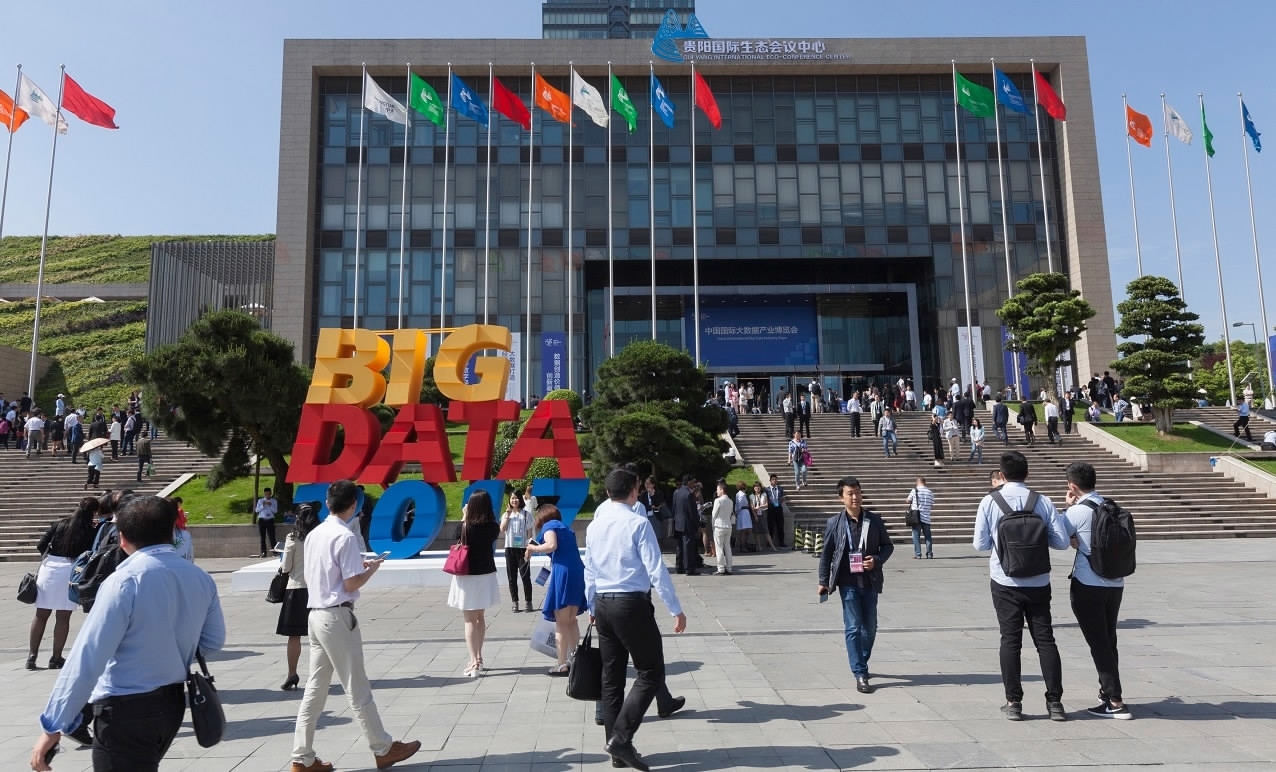
Opinions
17:33, 27-Oct-2017
Opinion: Saving the world from ‘data panic’
Guest commentary By Yuejin Du

It seems that the whole world is slipping into the trap of “data panic” at the moment. We are becoming more and more anxious about privacy and data security, and we are devising various regulations to limit data collection of products or services, or restrict cross-border data flow.
But in the DT time, in which data is widely believed to be the new oil greasing the wheels of the global economy, everything will rely on data. The engine of new development and so many great innovations would not exist without data and data flow.
This will be the biggest problem for our world.

The Expo Center during the opening of the Big Data Expo, Guiyang, Guizhou Province, China, May 26, 2017. /AFP Photo
The Expo Center during the opening of the Big Data Expo, Guiyang, Guizhou Province, China, May 26, 2017. /AFP Photo
Cybersecurity itself relies on data too. Fingerprints and location technology of devices, the behavior and biometric features of users, etc. are crucial information needed to protect users from account theft and other cyber threats.
So balancing privacy or data security and data usage or innovation in the DT time is the key to save our world. Data itself is not evil. The risk comes from data abuse or misuse by those who control it, and whether it can be protected from external or internal theft. But at present most of our emphasis is still on whether data collection is legal or appropriate. Privacy protection should not just focus on notifying and getting consent at the time of data collection, but should focus more on the actual use and protection of data by corporations and government agencies.
China has the chance to become a pioneer in data security in this DT era.
When we talk about “data security” or privacy protection, we are not talking about the same concepts that would have been brought to the fore in the old days. Inventions based on big data and the omnipresent Internet are redefining data security today.

VCG Photo
VCG Photo
China is one of the most active places in the world for this type of innovation.
Besides big names, the likes of Alibaba and Tencent, numerous other enterprises are active in providing new and welcomed innovative products. This makes China at the frontier of cybersecurity issues, while making China the most experienced player in data security protection.
The Chinese government has been working to find a balance between security and development. Chinese enterprises are leading data security standards like Data Security Maturity Module in ISO (International Organization for Standardization) and ITU (International Telecommunication Union), which will be a good reference for all organizations to prove their own level when it comes to data security and privacy protection.
At the same time, China needs to learn from the rest of the world.
New technologies that can be used to make securing data easier, various user habits that are highly related to designing security policy, information of attackers or underground economies that are very helpful to track down threat sources from different places, etc. – these are all valuable resources to enhance China’s data security capability.
How to build an international mechanism so that privacy concerns and digital economic growth can be well-balanced is another very important dimension that China needs to learn about from experienced players.
(The author is the vice president of CyberSecurity Association of China. The article reflects the author's opinion, and not necessarily the views of CGTN.)

SITEMAP
Copyright © 2018 CGTN. Beijing ICP prepared NO.16065310-3
Copyright © 2018 CGTN. Beijing ICP prepared NO.16065310-3